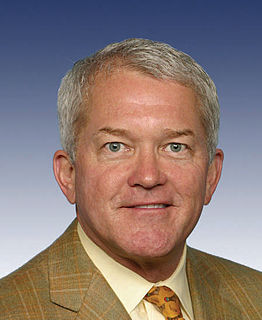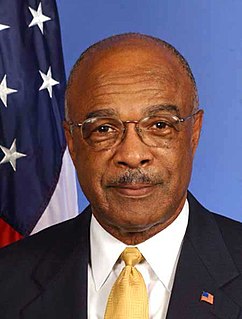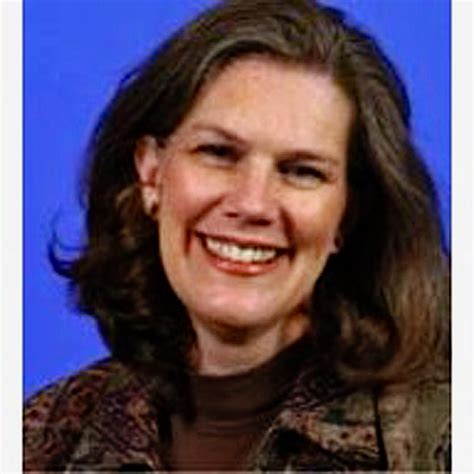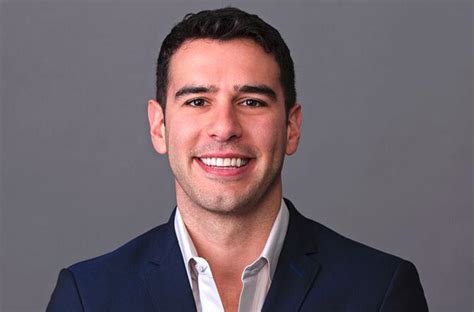A Quote by Ken Robinson
The answer is not to standardize education, but to personalize and customize it to the needs of each child and community. There is no alternative. There never was.
Related Quotes
The fact is that given the challenges we face, education doesn't need to be reformed -- it needs to be transformed. The key to this transformation is not to standardize education, but to personalize it, to build achievement on discovering the individual talents of each child, to put students in an environment where they want to learn and where they can naturally discover their true passions.
If in the earlier part of the century, middle-class children suffered from overattentive mothers, from being "mother's only accomplishment," today's children may suffer from an underestimation of their needs. Our idea of what a child needs in each case reflects what parents need. The child's needs are thus a cultural football in an economic and marital game.
I don't know the real answer, my answer to anything which is essentially human relations is education. Whatever the answer is, education must be its measured component and if you try to educate with generosity not with triumphalism I think sometimes it works, especially young people, that's why I teach, I've been teaching all my life.
The earth community, the Life Community, is not the property of any one religion or group or part of the world; it is the Commons that embraces us all, our planetary home. And it needs us as never before. It calls to us to become, not heroes but community builders, builders of home, gatherers and embracers, bearers of hospitality, keepers of the shared space that nurtures us all. It calls us not to go forth and come back laden with honors but to honor where we are, who we are, and from that place to reach out to connect to and honor each other in the community of life.
In Burma, we need to improve education in the country - not only primary education, but secondary and tertiary education. Our education system is very very bad. But, of course, if you look at primary education, we have to think in terms of early childhood development that's going back to before the child is born - making sure the mother is well nourished and the child is properly nurtured.


































